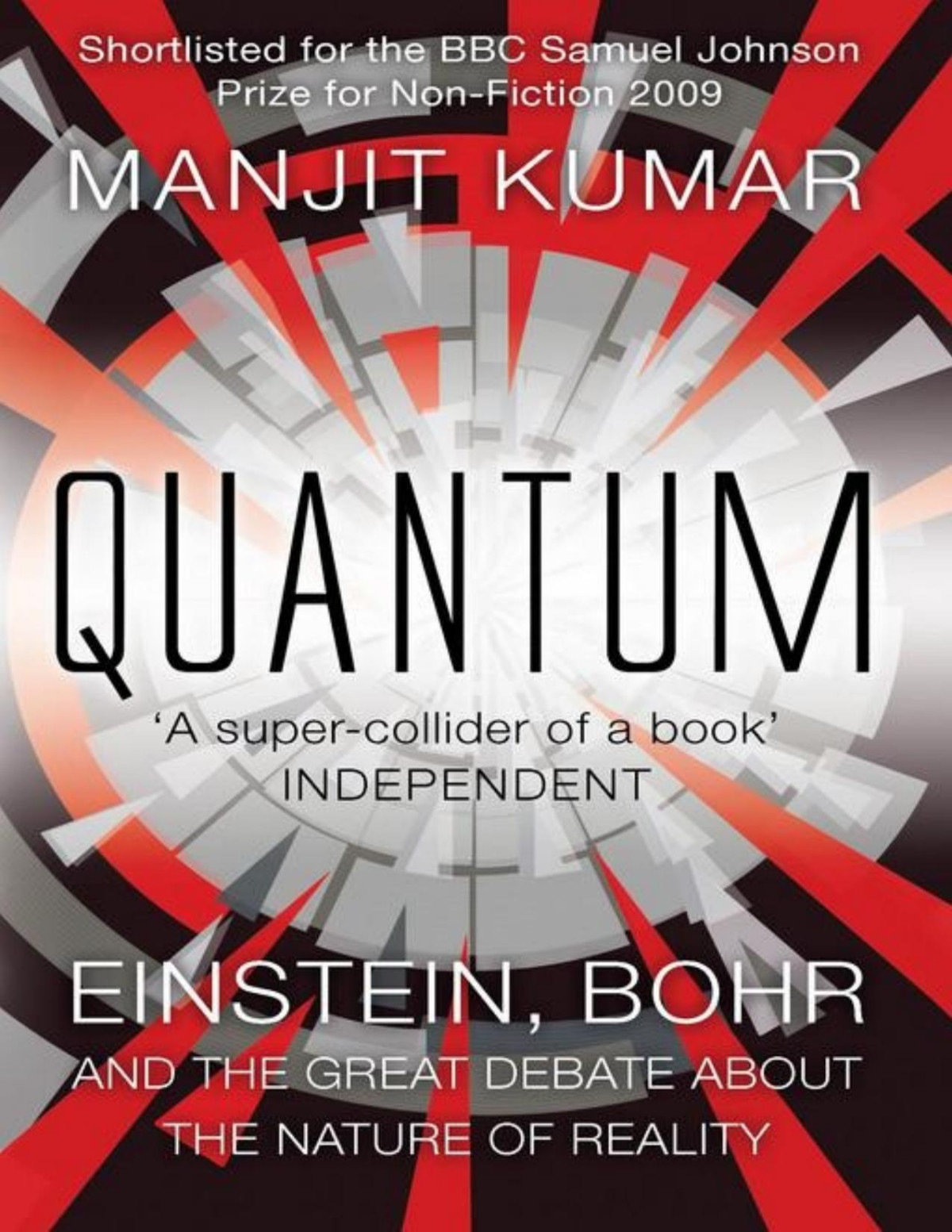

Most ebook files are in PDF format, so you can easily read them using various software such as Foxit Reader or directly on the Google Chrome browser.
Some ebook files are released by publishers in other formats such as .awz, .mobi, .epub, .fb2, etc. You may need to install specific software to read these formats on mobile/PC, such as Calibre.
Please read the tutorial at this link: https://ebookbell.com/faq
We offer FREE conversion to the popular formats you request; however, this may take some time. Therefore, right after payment, please email us, and we will try to provide the service as quickly as possible.
For some exceptional file formats or broken links (if any), please refrain from opening any disputes. Instead, email us first, and we will try to assist within a maximum of 6 hours.
EbookBell Team

5.0
30 reviewsStarred Review. With vigor and elegance, Kumar describes the clash of titans that took place in the world of physics in the early 20th century, between physicists who did and those who did not believe in the quantum—the strange concept that we now know to be the underpinning of reality. The titans in Kumar's account of the conflict are Albert Einstein and Niels Bohr. In 1900, Max Planck discovered that electromagnetic radiation and the energy of light are transmitted not in a continuous flow but in small packets called quanta (singular, quantum). Bohr applied the idea of quantum to electrons, leading to the development of quantum mechanics. Bohr's theory explained experimental results that were inexplicable in classical theory. Einstein rejected Bohr's theory overturning reality in dangerous but also thrilling ways. The clash culminated at the 1927 Solway conference. Kumar, founding editor of Prometheus and a consulting science editor for Wired UK, recounts this meaty, dense, exciting story, filled with vivid characters and sharp insights. With physics undergoing another revolution today, Kumar reminds us of a time when science turned the universe upside down. 16 pages of photos. (May)
Copyright © Reed Business Information, a division of Reed Elsevier Inc. All rights reserved.
Starred Review “A first rate mind, extremely critical and far-seeing.” Einstein quickly sizes up the mental powers of Danish scientist Neils Bohr. How ironic that Bohr will demonstrate his farseeing vision most compellingly by discrediting Einstein’s own myopia! Kumar recounts Bohr’s astounding triumph over the great German theorist in their debate over quantum physics, thus illuminating a pivotal episode in modern physics. In that episode readers see how quantum mechanics integrates a range of promising but puzzling and seemingly disconnected subatomic discoveries. Readers see, for instance, how a cautious Max Planck reluctantly parcels light into discrete packets and how a befuddled Ernest Rutherford recognizes that only a radically new model of the atom can explain alpha-particle deflections. Though only specialists will understand the technical issues, Kumar keeps the main thread of his narrative accessible to the intelligent general reader, particularly clarifying how Einstein’s belief in objective reality pits him against the daringly agnostic Bohr, who leaves the mysteries of wave-particle duality veiled in statistical probabilities and abstract formulas. Intellectual exhilaration runs high as Einstein repeatedly presses Bohr—posing daunting questions about how to weigh an imaginary box of light and how to explain eerily “entangled” particles. The future of science hangs in the balance: physics becomes high drama. --Bryce Christensen